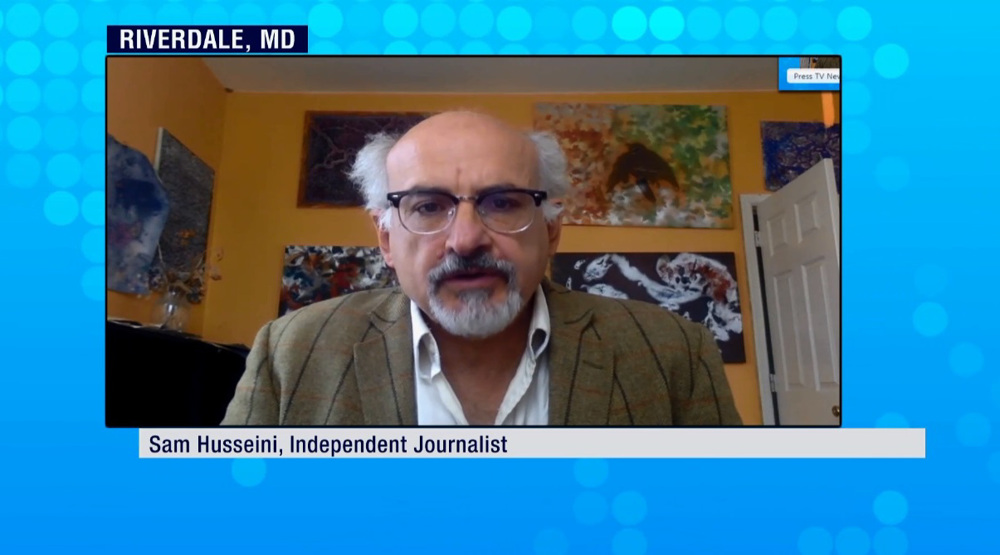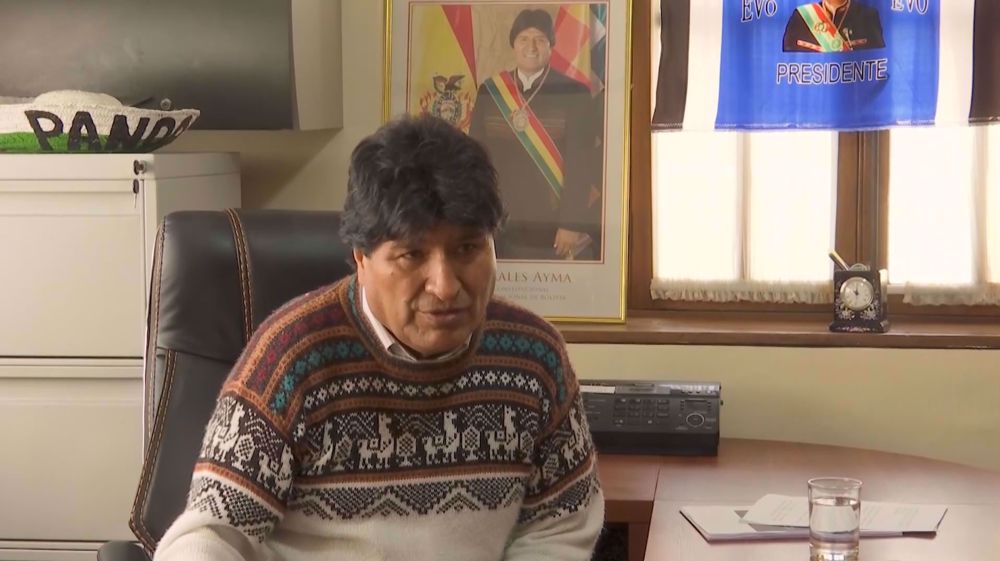James Jatras: Washington not a reliable negotiating partner
Press TV has interviewed James Jatras, a former US Senate foreign policy analyst from Washington, on recent comments by Iranian President Hassan Rouhani.
The following is a rough transcription of the interview.
Press TV: Do you see it this way as well that the US is in fact in violation of its side of the JCPOA?
Jatras: I'm not in the position to say whether or not we are in violation of it or not. I will say this is going to be a very rough road from both sides and I think it's important that President Rouhani has said that he's not walking away from the agreement, that it has produced some positive benefits, but let's be honest there's a lot of opposition to the agreement here in the United States and people in the Congress and other sectors are going to do everything they can to throw roadblocks into American implementation of the agreement in the hopes that it will collapse. We've seen this for example in the effort to block the sale of the Boeings to Iran.
So this is going to be a long haul and there are going to be a lot of shortcomings in this as the process moves forward.
Press TV: Is the US a reliable partner for negotiations?
Jatras: In general I would say no. I would say that we have an unfortunate history of being very one-sided in our interpretation of agreements and acting that we're not dealing equals on the other side of the negotiating table. They are rather dealing with a kind of a master-and-servant kind of relationship. That maybe works with countries like our so-called allies in Europe that are completely under our thumb but it does not work very well with countries that we don't control.
Press TV: There has also been that criticism of the US that not only is it not complying with its side of the JCPOA but it's also discouraging other parties to not fulfill their obligations. Do you think that there will be a point where European leaders of the P5+1 - that is - are going to take a stance where they will have to decide whether they're going to buckle into US pressure or look out for their own interests?
Jatras: I think we're moving toward the Europeans looking out more for their own interest on a number of fronts not just with regard to Iran but, for example, with regard to Russian sanctions and things of this sort; our Syria policy. The fact of the matter is … that the entire agreement rested on a global consensus not only the Americans but the Russians, the Chinese and others on a sanctions regime against Iran and that genie is out of the bottle. We're not going back to that again.
So it's not clear what the opponents of the agreement hope to achieve by throwing sand in the gears. It is one thing to try to police an agreement and try to make it work, maybe revise it at some point in the future, but to simply engineer its collapse in my mind is irresponsible.
VIDEO | US continues starving Syrians, stealing their resources
Yemeni forces strike Israeli ship, Port of Eilat in solidarity with Gaza
Columbia, Yale students bent on ending US support for Israeli genocide
VIDEO | Genocide in Gaza
Iran calls on BRICS to play role in stopping Israeli crimes
President Raeisi’s historic visit opens new chapter in Iran-Pakistan ties
Russia: Poland’s talks on hosting US nuclear weapons ‘dangerous’
VIDEO | Israel’s genocide bounty









 This makes it easy to access the Press TV website
This makes it easy to access the Press TV website